John F. Kennedy, John Wayne, Mother Teresa: The famous and the flawed
Was Mother Teresa a fake? What about John F. Kennedy, and Coco Chanel? A new book attempts to sort facts from fiction.
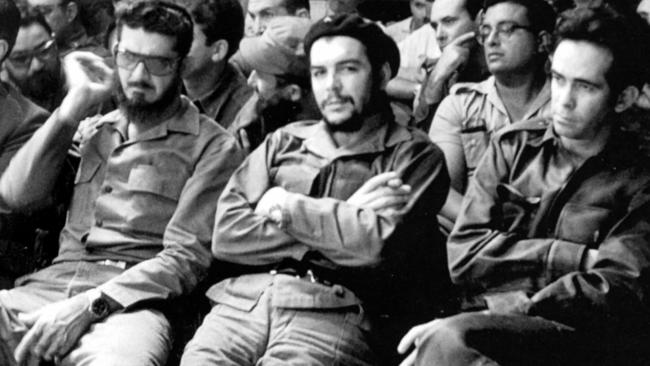
A new book by Otto English looks closely at the lives of ten famous individuals, and declares them fakes, rather than genuine heroes. The ten in question are Douglas Bader, John F. Kennedy, Che Guevara, Mother Teresa, Andy Warhol, Coco Chanel, Robert Falcon Scott, Henry V, Thomas Midgley and John Wayne.
Readers will have varying reactions to the list, as well as to English’s methods.
He begins by attempting to define authentic heroism. He lights upon an obscure individual called Wesley Autrey who, “just before 1pm on Tuesday 2nd January 2007”, performed an act of unpremeditated heroism by saving the life of an epileptic film student who had fallen on to the subway track in front of an oncoming train.
Autrey became a national celebrity as a result of his good deed, a description of which would unduly detain us here. But celebrity status all but ruined his life within a matter of six months. Then he faded back into obscurity.
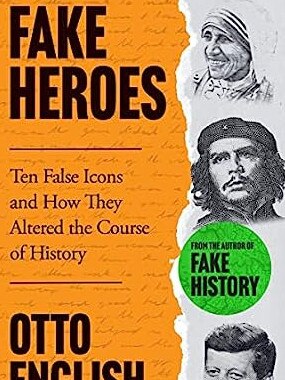
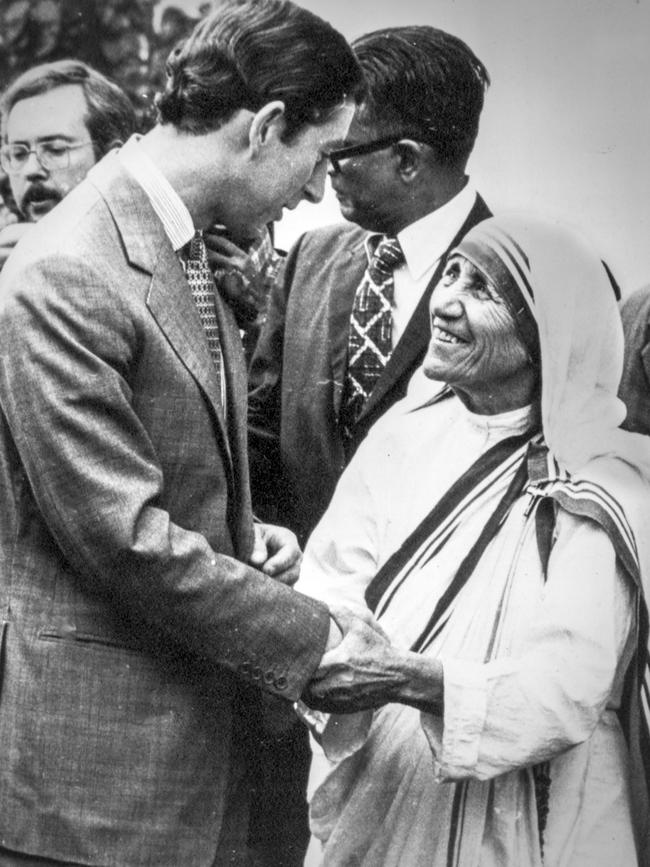
It’s curious that he set Autrey as his standard and it’s curious that he labels his 10 targets fake “heroes”, since the lives of many of them, while they may have been celebrities, would not normally be thought of as heroic. Celebrity status, after all, commonly has about it more than a whiff of fakery. In what sense were Andy Warhol or Coco Chanel heroes, fake or otherwise?
But let that pass. What English clearly means is that all 10 were, in differing ways, fakes. We are deluged with fakery, of course, in the 21st century and Andy Warhol was most definitely a pioneer of it. Mother Teresa, he shows, was a terribly flawed individual whose reputation deserves to be demolished. Che Guevara was a Stalinist killer and an incompetent who does not deserve his iconic status.
Some of his other cases are less clear-cut. In particular, his dismissal of John F. Kennedy as a fake seems, to this reader at least, poorly informed and poorly argued. He tars JFK with the brush called old Joseph P. Kennedy, moralises about JFK’s compulsive womanising, objects that Ted Sorensen wrote the books and speeches that made JFK famous, and insists that he achieved little while in office. He further asserts that JFK intended to escalate the war in Vietnam, was largely to blame for the Cuban missile crisis and was saved only by the good sense of Nikita Khrushchev. The only reasons JFK became a heroic figure in the public mind, English would have us believe, were his untimely death at the hands of Lee Harvey Oswald – yes, he was the lone assassin – and the Camelot myth invented by Jacqueline Bouvier Kennedy.
It’s hard to know where to begin in rebutting this caricature. Two very different points will have to suffice. JFK was a serial womaniser, but so was his successor, LBJ. In fact the latter remarked that, when it came to women, Kennedy “was a piker”. LBJ was pilloried for the quagmire he got the US into in Vietnam, but he performed legislative prodigies in the White House and has some claim to being a hero of progressive politics.
As for Kennedy and women, he did suffer from a kind of satyriasis, but he didn’t cause scandals because he was charming and discreet. Asked, a few years ago, why she didn’t refuse his advances as an intern in 1961-63, Mimi Alford told an interviewer, “because it was too much fun”. His affairs neither disordered his statecraft nor poisoned his marriage.
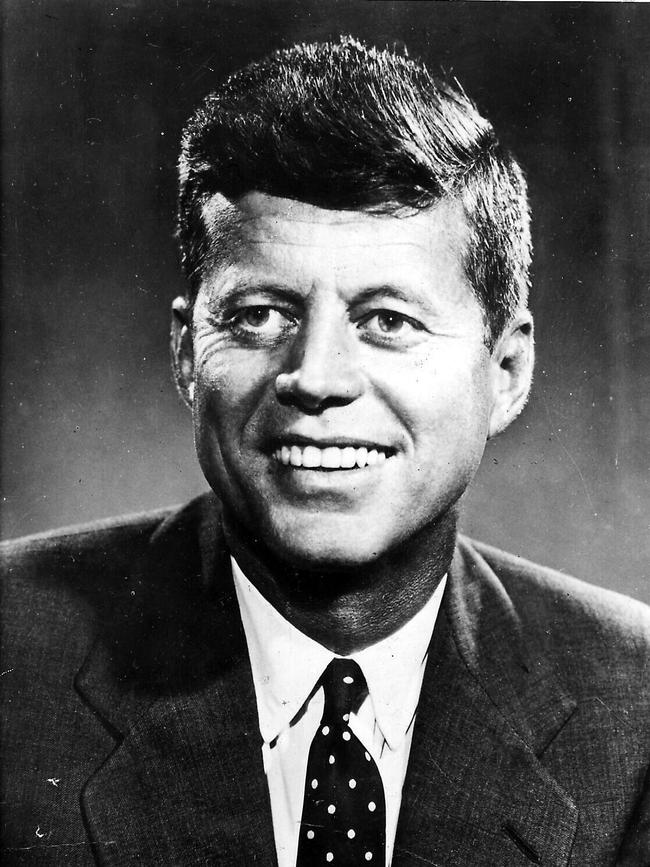
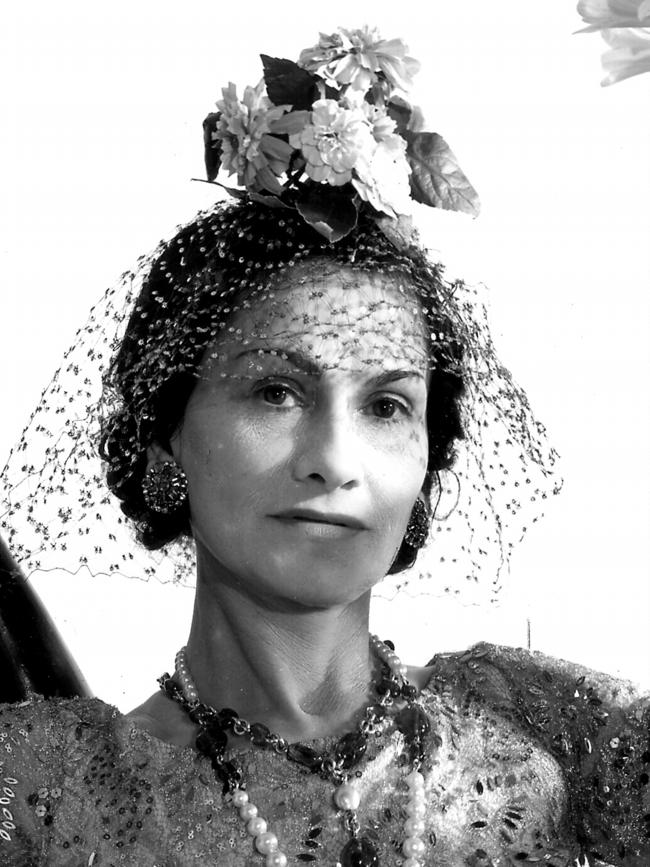
But that’s not, of course, the heroic side of him. He exhibited genuine bravery in World War II every bit as authentic as that of Wesley Autrey in the New York subway and was decorated for it. His growth, vision and judgment as president in handling the grave strategic challenges of his time, on the other hand, were so far beyond the Autrey level as to make nonsense of English’s argument.
He withstood the war-mania of the Pentagon. His vision for America and the world, his challenge to American youth, his plan to put a man on the Moon, not because it would be easy but hard, his ready wit and the gravitas of his political rhetoric all made him a real hero.
Those speeches on many occasions – in West Berlin, on peace in the nuclear age, in Ireland – were eloquent and memorable. He was mourned, after his assassination, for good reasons. He should be remembered as a standard now, in the age of lesser presidents.
Fun fact: Otto English is the name on the cover of the book, but it’s also the pen name of writer and journalist Andrew Scott, which he gives away by dedicating this book to his parents, Hannah and Peter Scott. In other words, it’s a fake name, which may well be the perfect approach to take.
Paul Monk is the author of a dozen books, including The West in a Nutshell: Foundations, Fragilities, Futures (2009), Dictators and Dangerous Ideas (2018) and The Three Graces: Companionship, Discretion, Passion (2022).
Fake Heroes: Ten False Icons and How They Altered the Course of History
By Otto English
Welbeck
406 pp, $39.99







To join the conversation, please log in. Don't have an account? Register
Join the conversation, you are commenting as Logout